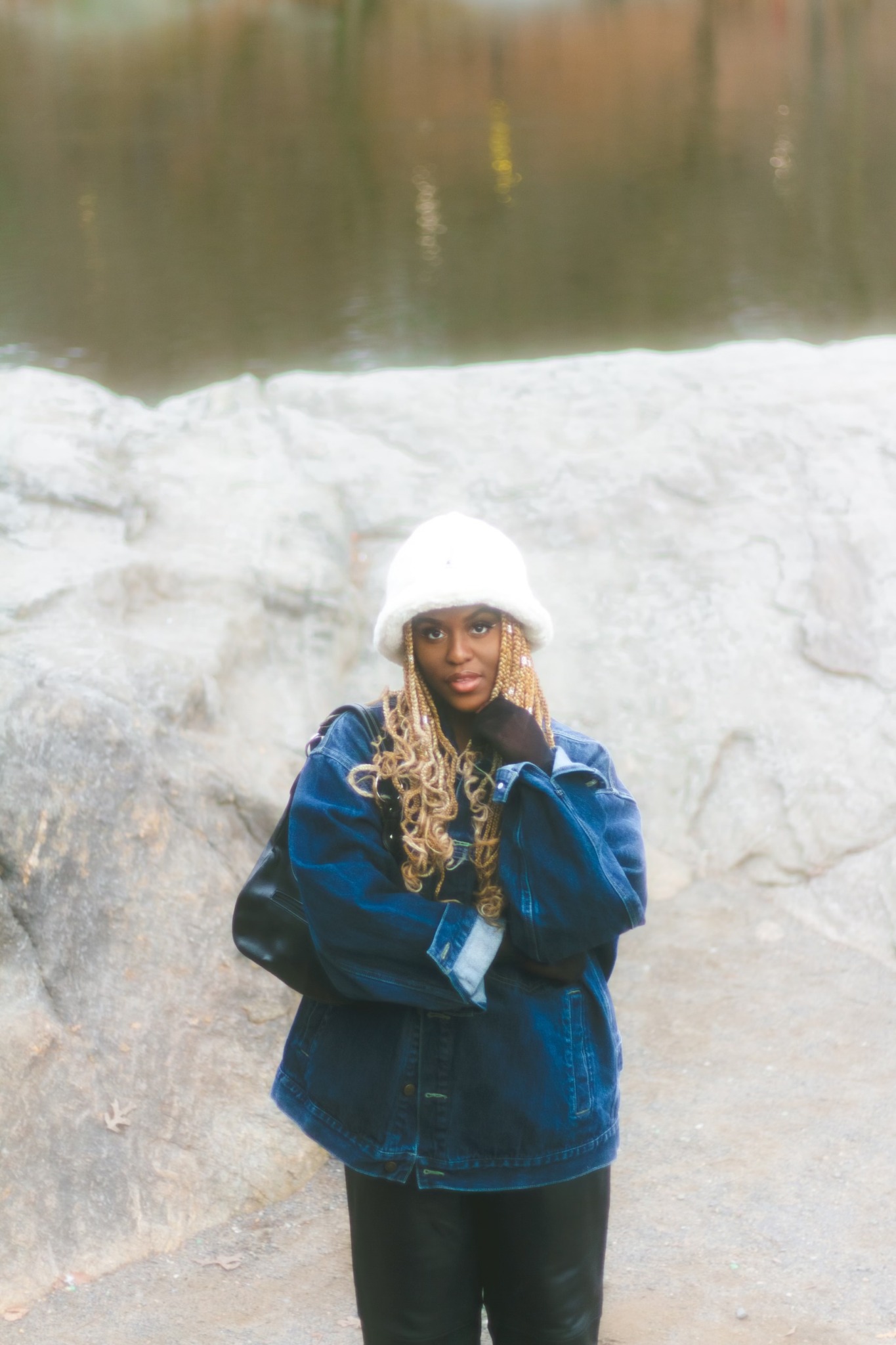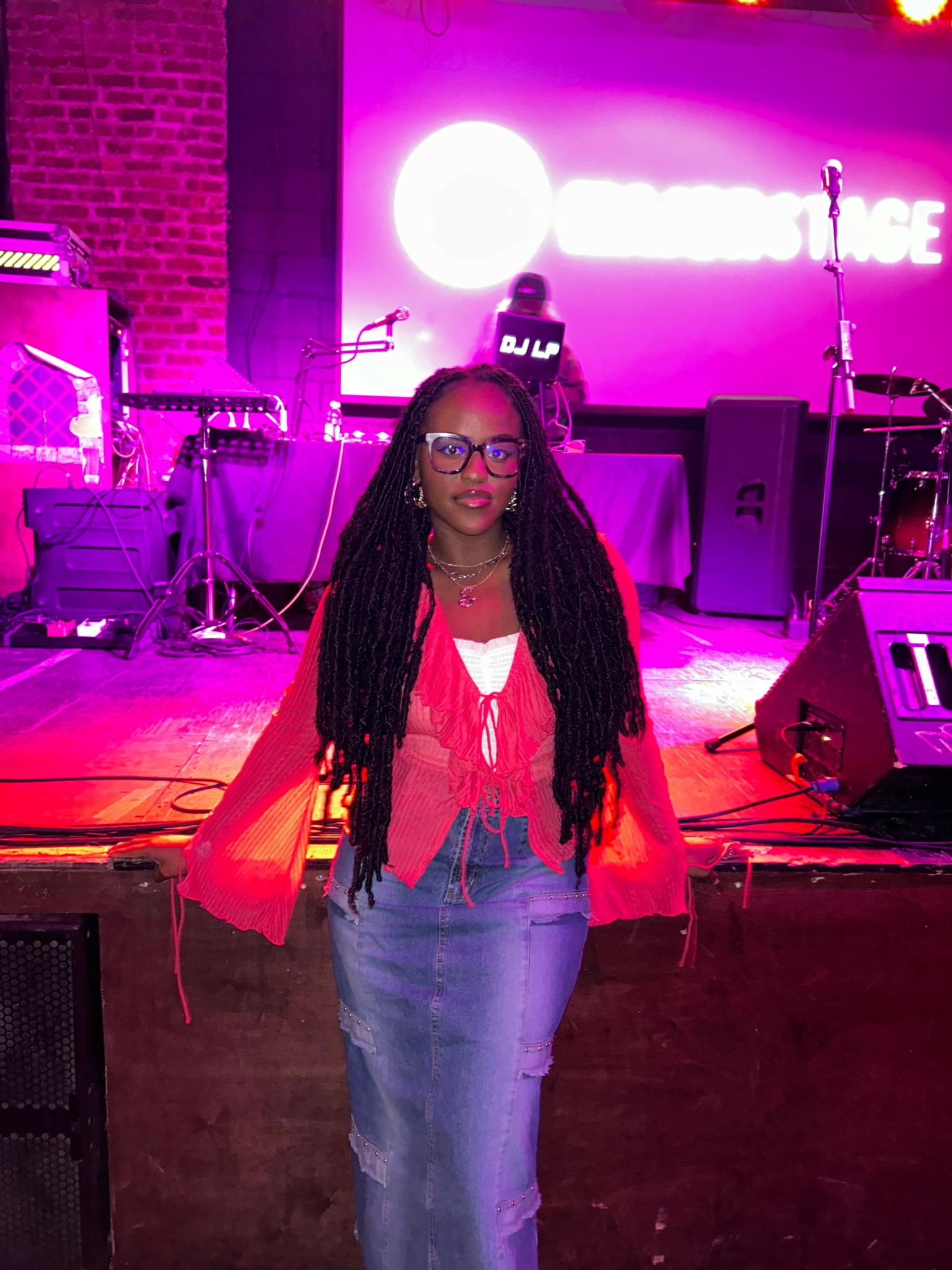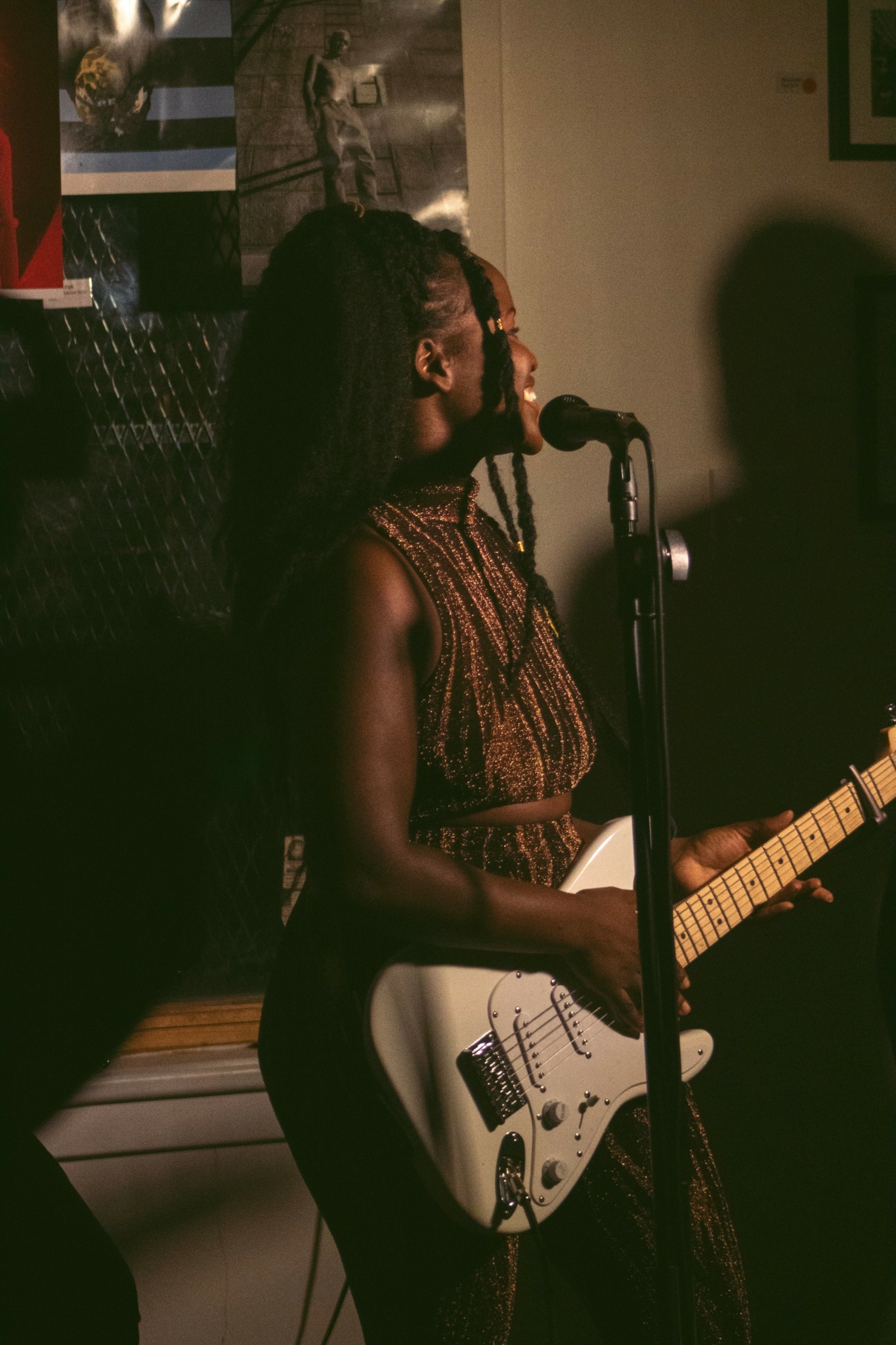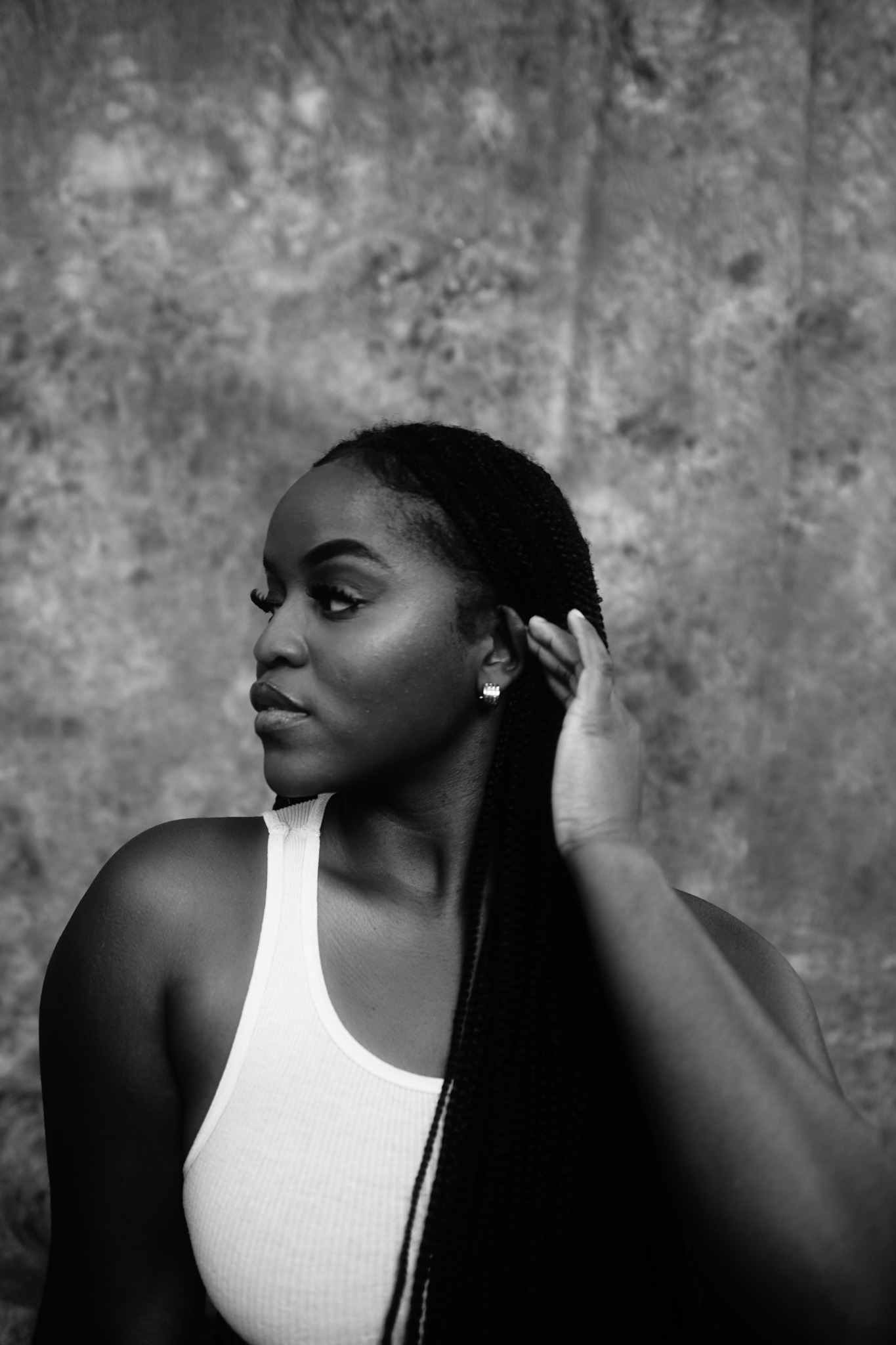Alright – so today we’ve got the honor of introducing you to Día Vail. We think you’ll enjoy our conversation, we’ve shared it below.
Día , looking forward to hearing all of your stories today. We’d love to hear the backstory behind a risk you’ve taken – whether big or small, walk us through what it was like and how it ultimately turned out.
At 19, I made the bold decision to move to New York and pursue my dreams of a music career, completely bypassing the traditional college route. It was a risk, but I knew deep down that this path was meant for me. The journey has been anything but easy—filled with both exhilarating highs and challenging lows. There were moments of doubt, times when I questioned whether I’d made the right decision, but my passion for music kept pushing me forward.
Taking the untraditional route has taught me resilience, self-reliance, and the value of following my own path, no matter how uncertain it may be. New York is a city of dreamers and doers, and I’m still out here, navigating the complexities of the music industry, working hard to make a name for myself. Though it’s tough, I wouldn’t trade this journey for anything. It’s shaped me into who I am today, and I know my breakthrough moment is still ahead.

Día , love having you share your insights with us. Before we ask you more questions, maybe you can take a moment to introduce yourself to our readers who might have missed our earlier conversations?
For those who may not know me yet, my name is Día Vail. I’m a singer, songwriter, and guitarist based in New York City, where I’ve been carving out my space in the indie folk music scene. At 19, I took a leap of faith, moving to New York to pursue my dreams and choosing an untraditional route by not going to college. Music has always been my passion, and this city, with its vibrant energy and opportunities, felt like the perfect place for me to grow as an artist.
My music is rooted in indie folk, where I blend heartfelt lyrics with acoustic guitar melodies. I’m passionate about storytelling through my music, creating songs that resonate with emotions and experiences many people can relate to. What sets me apart is my ability to weave honesty and vulnerability into my music while exploring themes of growth, love, and self-discovery.
As an artist, I’m most proud of staying true to my voice and vision. Though the journey has had its challenges, I’m committed to continuing to push boundaries, evolve, and make a name for myself in the music industry. If you’re following my journey, know that I’m here to create authentic, raw music that speaks to the heart, and I’m excited to share that with the world.

Do you think there is something that non-creatives might struggle to understand about your journey as a creative? Maybe you can shed some light?
As a creative, one of the most challenging aspects for non-creatives to grasp is the ebb and flow of inspiration and productivity. Creativity doesn’t operate like a 9-to-5 job; it comes in waves, and sometimes those waves are unpredictable. Recently, I’ve delved into human design, which has helped me understand my energy flow and the way I work best. For me, creativity doesn’t always show up consistently. There are days when I can write five songs in a day, and they all feel authentic and powerful. But there are also times when my creativity feels stifled, and I have no motivation at all.
Non-creatives might not realize the emotional and mental energy it takes to pull ideas out of thin air and turn them into something tangible, something that resonates. On top of that, many independent or emerging artists like myself have to balance a full-time job to support our livelihood while we pursue our craft. This balancing act requires resilience, and I think that’s something often overlooked. The journey of a creative is ongoing, filled with highs and lows, but if you’re passionate about it, you learn to embrace every step along the way, even when it feels uncertain.

In your view, what can society to do to best support artists, creatives and a thriving creative ecosystem?
I think one of the most crucial steps society can take to support creatives is to break down the prejudgments that exist—especially those rooted in race and skin color. As a Black artist who creates indie music, I find that people often expect me to fit a mold that doesn’t reflect who I am or what I create. Indie music, which is often not associated with Black artists, carries stereotypes about who “belongs” in the genre. As a dark-skinned Black woman, I often feel like people expect me to sing R&B or to present myself in ways that align with societal expectations, like showing more of my body to gain attention.
The issue is bigger than the music industry alone. Society has a lot of unlearning to do in terms of racial biases, especially around what Black artists are “supposed” to do. When you look at the landscape of pop culture, many of the biggest stars don’t look like me, and that says a lot about where we are as a society. This isn’t just about representation; it’s about systemic issues that still linger from historical inequalities like slavery and racism, which permeate everything we do today.
If society became more inclusive, allowing people who look like me to take up space in different creative genres, we wouldn’t even need to have these conversations. It would simply become the norm. The creative ecosystem would thrive if people of all backgrounds were given the same opportunities to express themselves without having to constantly fight against these biases.
Contact Info:
- Website: https://www.tiktok.com/@diavailmusic?_t=8qi5YfGLkLO&_r=1
- Other: TikTok: https://www.tiktok.com/@diavailmusic?_t=8qi5YfGLkLO&_r=1



